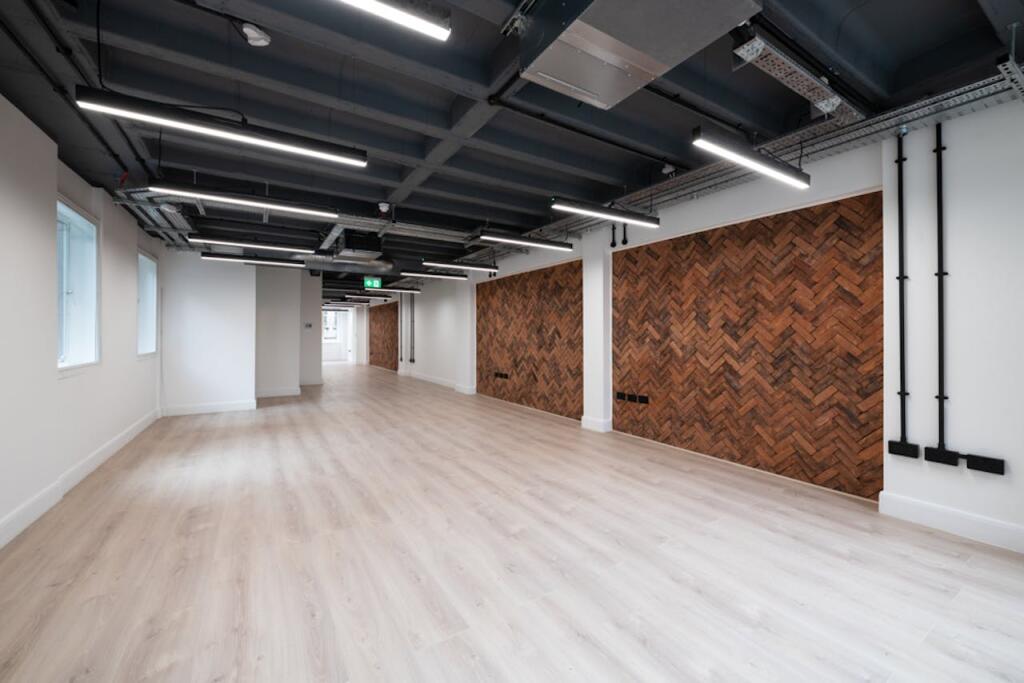In the vibrant and dynamic business landscape of London, where innovation meets tradition, the concept of leasehold offices has become integral to the real estate dynamics. For businesses seeking a foothold in this bustling metropolis, understanding what a leasehold office in London entails is crucial. In this article, we’ll explore the key features and considerations associated with leasehold offices and why they have become a popular choice for a diverse range of enterprises.
1. Defining Leasehold Offices:
A leasehold office in London refers to a commercial property arrangement where a business or individual holds the lease to occupy and use the premises for a specified period. Unlike freehold properties, where ownership is outright, leasehold arrangements grant the occupier the right to use the space for a predetermined lease term, typically ranging from a few years to several decades.
2. Lease Terms and Flexibility:
One of the defining features of leasehold offices is the flexibility they offer in terms of lease duration. Businesses can negotiate lease terms that align with their strategic goals and anticipated growth. This flexibility is particularly valuable for startups and growing enterprises, allowing them to adjust their office space in tandem with their evolving needs.
3. Prime Locations in London:
Leasehold offices in London often occupy prime locations within central business districts, providing businesses with a prestigious address and easy access to essential amenities. The strategic positioning of these offices enhances a company’s professional image and can contribute to networking opportunities within the business community.
4. Customization and Branding:
Unlike serviced or managed office spaces, leasehold offices provide businesses with the opportunity to customize and brand their workspace. This level of personalization allows companies to create a unique and tailored environment that aligns with their corporate identity and culture.


